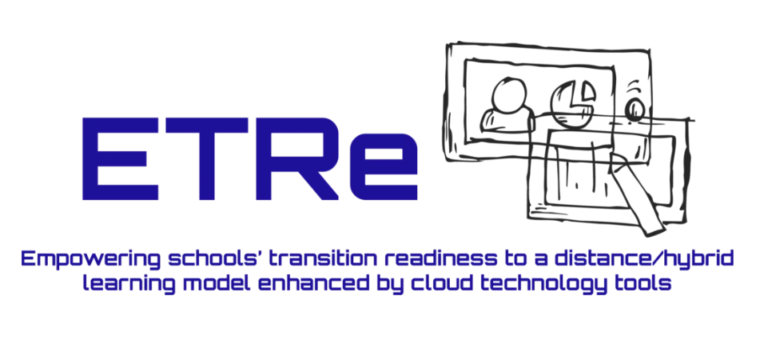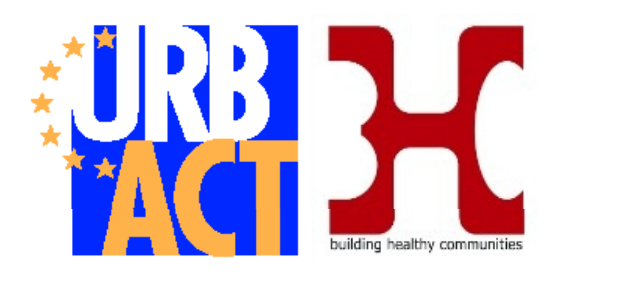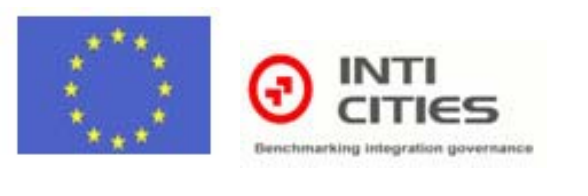Projects
Below you may find some of the projects we have been involved in.

The ETRe – Empowering schools’ transition readiness to a distance/hybrid learning model enhanced by cloud technology tools.

Energy Ambassadors – Campaign in the domestic sector to fight against fuel poverty and raise awareness on energy efficiency and energy savings.
The Energy Ambassadors’ campaign aimed to tackle energy poverty and support families to better manage their water, heat and electricity consumption, through the intervention of social workers who will be trained in these issues.
It aimed to find solutions for citizens in distress to save energy and money, improve their comfort and health and, finally, improve their social situation.
The campaign took place in 9 different European countries.


The PEPESEC project (Partnership Energy Planning as a tool for realizing European Sustainable Energy Communities) was the coordinated effort of twelve (12) partners from six (6) EU Member States (UK, Italy, Poland, Spain, Greece, Sweden) to support the development of sustainable energy communities.
These 7 city-regions aquired complete “Energy Action Plans”, which may be used as a model for the development of corresponding actions plans in other European municipalities or communities, after identifying transferable and adaptable methodologies for multi-stakeholder strategic development.

STERNA (Semantic Web-based Thematic European Reference Network Application) is a Best Practice Network project supporting the objectives of the European Digital Library by pioneering the integration of semantically enriched digital resources in the field of natural science, biodiversity and conservation.
Birds and all kinds of information related to birds are at the core of the STERNA digital library. It brings together and presents all sorts of multimedia resources on birds, bird species and their habitats in one information space.


The aim of the project is to investigate candidates belonging to the age group 50+ who wish to work in another EU country. The creation of a Network consisting of specialized labor managers of the partners, the preparation and training of specialized personnel for job opportunities presented in other countries and of interested parties who want to work in other EU member states. The creation of a pilot model that will link the problems and opportunities in each region with the needs and profile of the respective candidates.




